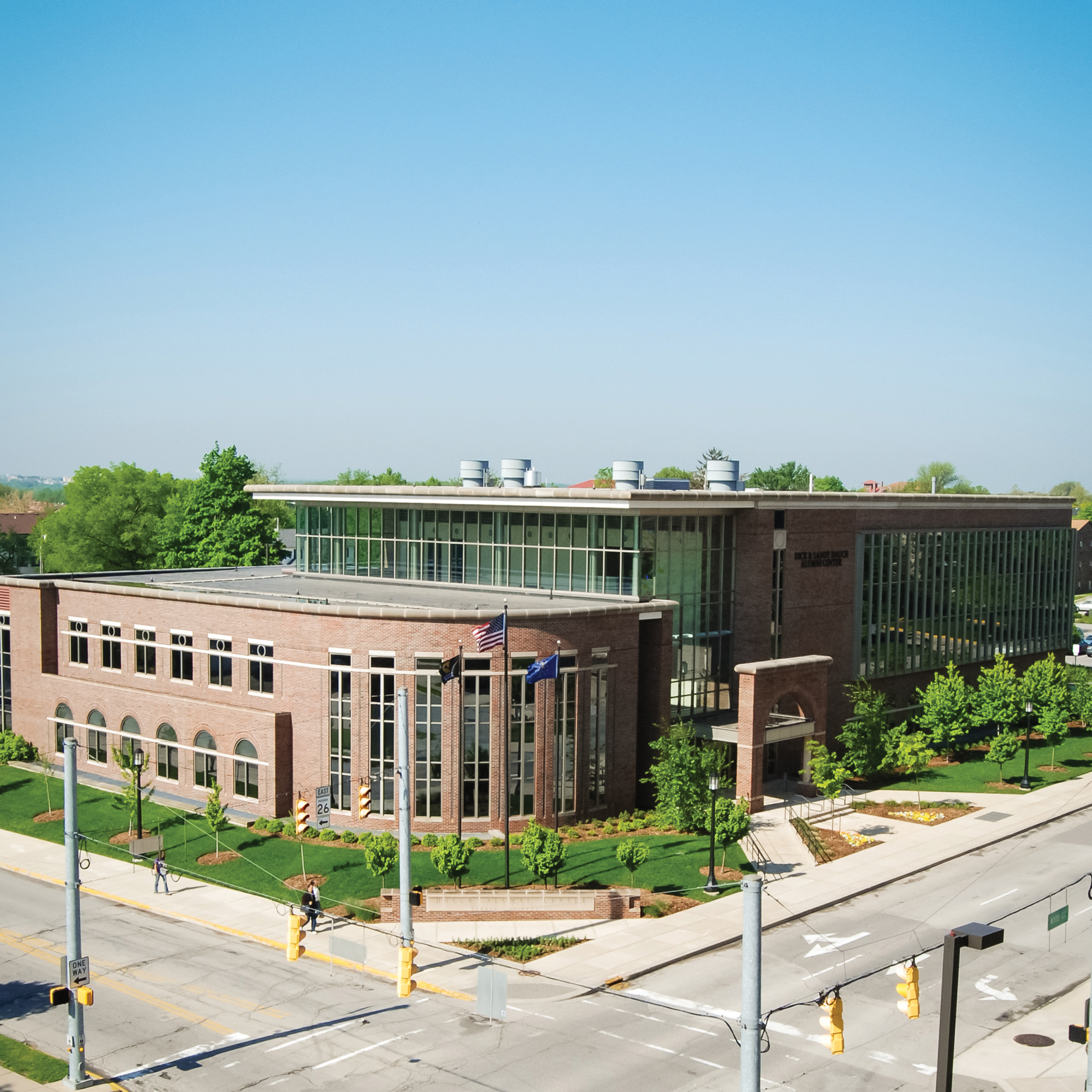

The Purdue for Life Foundation (PFLF)—which exists to help people who love Purdue stay connected, get involved, and give back—is responsible for raising private funds to support the university’s capital and operating needs as well as scholarships. PFLF is an independent organization that acts for the benefit of Purdue University and must generate income to support its operations.
PFLF receives no central funding from the university. Instead, PFLF is funded in the following three ways:
Administrative fees, collected in some form by most peer institutions, are needed to operate PFLF in a self-sustaining way. A planned gift in excess of documented intentions is subject to a fee, which is implemented to sustain and grow PFLF. This fee is a reinvestment in the PFLF fundraising operation that will, in turn, increase the private support raised for all university initiatives. We appreciate the generosity and support of our donors and respect the decision to decline the fee by including “not subject to administrative fees” in estate paperwork.
Only maturing planned gifts in excess of any pledged amounts already documented and expected by the recipient unit.
Please share with us the amount of your planned gift, the designation(s) you wish to support, and document your intention that your gift is not subject to administrative fees. If you prefer not to document an amount for your gift, please share with us the designation(s) you wish to support and document your intention that your gift is not subject to administrative fees.
If you prefer to work through an intermediary, such as an executor or trustee, please ensure that you communicate the amount of your gift, the designation(s) you wish to support, and document your intention that your gift is not subject to administrative fees.
The administrations of Purdue Research Foundation (PRF), Purdue University (PU), and PFLF studied various funding mechanisms for PFLF and documented the PGA fee in operating agreements among the three affiliated organizations.
Private fundraising is necessary for Purdue University capital investment, to sustain operations, and to continuously improve in a competitive environment.
Supporting foundations, such as PFLF, are most effective when they raise funds for university priorities while being self-funded so that the university does not have to reallocate funding away from academic programming.
Proceeds from the planned gift administrative fee will be used to reinvest in Purdue’s fundraising enterprise to increase its capacity to raise incrementally larger sums of private giving to more than offset the cost of the levied fees.
Yes. Most higher education institutions use a foundation model to raise funds from private gifts, including a flat tax on all gifts, which typically is in the range of 5%. All assess fees of several types to diversify funding sources so that fundraising operations can be sustained even during times of economic downturns. For example, PFLF initiated a fundraising campaign during the COVID-19 pandemic to support the Protect Purdue Initiative. Those funds helped Purdue reopen successfully for the fall semester in 2020.
Purdue averaged $428 million in commitments—which includes gifts, pledges, and planned gifts—during the three fiscal years spanning 2019–2021. In the most recent fiscal year, Purdue raised more than $542 million.
In a landmark study documented here, the national average for fundraising operations is 20 cents to raise a philanthropic dollar.
In the 2021 fiscal year, Purdue’s cost of fundraising was 7 cents to raise a commitment dollar, which includes outright gifts, pledges, and planned gifts. The cost to generate a cash dollar was 10 cents.
In a 2018 comprehensive survey of large higher education institutions conducted by Wamser Associates, Purdue had the third-smallest development operation in the Big Ten.